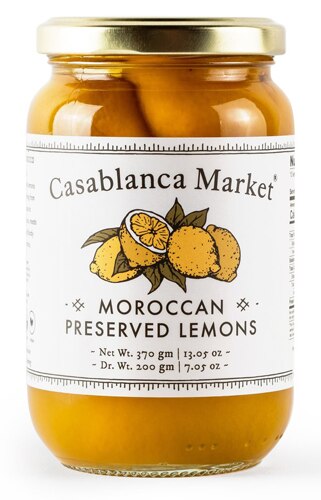Overfishing of the world’s oceans is slowly but surely robbing the fish processing industry of its livelihood. Stocks of groundfish, the most important resource for the production of fish fingers, have been halved over the past twenty years. Sustainability marketing therefore accords a high value to fish manufacturers. Marketing of fish products from sustainably-managed fisheries is a strategy used by fish processing industry not only to enhance its image but also to ensure its economic survival. Since resource shortage necessitates a rapid and effective switch from a conventional to a sustainable value chain, the supplier relationship is gaining new relevance in marketing, besides customer orientation. The fish processing business must face this challenge as the initiator and coordinator in the sustainable value chain, and address bottlenecks on the sales and procurement market through Balanced Sustainability Marketing. This research examines the Balanced Sustainability Marketing Strategy adopted by sustainability pioneer Unilever between 1995 and 2008, taking into account the growing focus on sustainability in the seafood industry.





















